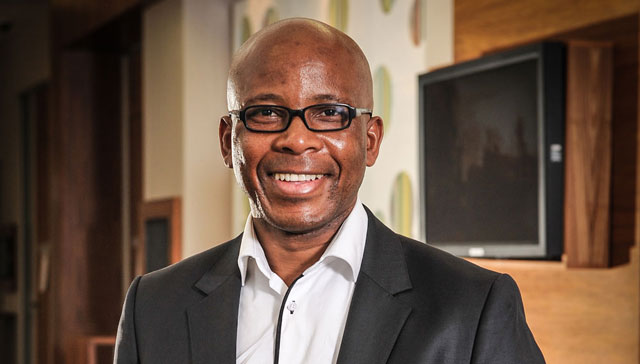
Microsoft believes it can use television white-spaces spectrum — gaps in broadcasting frequencies — to deliver uncapped broadband Internet access to South Africans for between R20/month and R50/month.
Microsoft South Africa MD Mteto Nyati says the US-headquartered software company will launch a pilot project this weekend using white-spaces spectrum, with a base station at the University of Limpopo in Polokwane.
Five schools in the area will be connected as part of the trial. Pupils and teachers at these schools will receive Windows-based tablets and training materials as part of the programme. Signals delivered to the schools will be distributed using industry-standard Wi-Fi technology.
TechCentral first reported on Microsoft’s plan to run the trail in May.
The company has partnered with the department of science & technology, the department of communications, the CSIR, the State IT Agency and others for the project, which will run for a year.
This is the second white-spaces spectrum trial in South Africa following the launch earlier this year of a project in Cape Town sponsored by Microsoft rival Google.
Nyati says Microsoft believes the technology, if and when it is commercialised in South Africa, can be used to deliver uncapped broadband access to end users at speeds of between 2Mbit/s and 4Mbit/s.
In Kenya, Microsoft recently concluded a pilot with Internet service provider Indigo involving 6 000 people in the country’s rural Nanyuki region. This is now being expanded to 68 000 people in the same region. The Kenyan government eventually wants 80% of the East African nation’s population online through white-spaces spectrum. It is also running a trial in Tanzania.
Signals from the solar-powered base station to be used in the Limpopo pilot will have a radius of 30km. The technology will be powered using solar power.
Unlike in Kenya, Microsoft has elected not to work with a telecommunications company for the pilot. But if the technology is commercialised, it hopes to work with an operator to build a national network. He says big operators have the expertise and money to do this. “But that discussion is for later on,” Nyati says. — (c) 2013 NewsCentral Media




